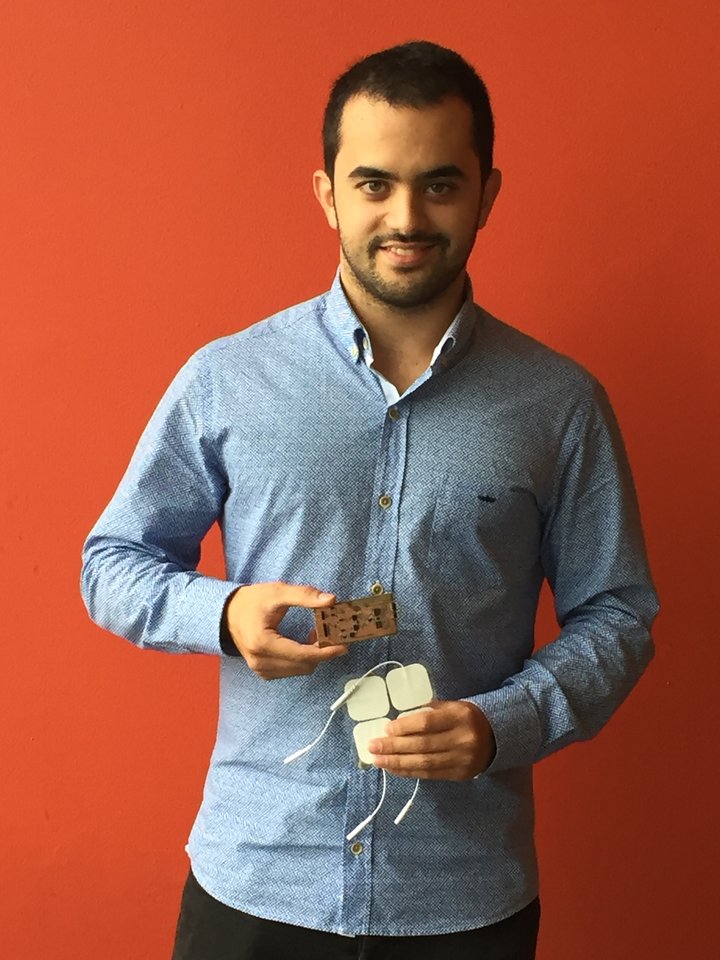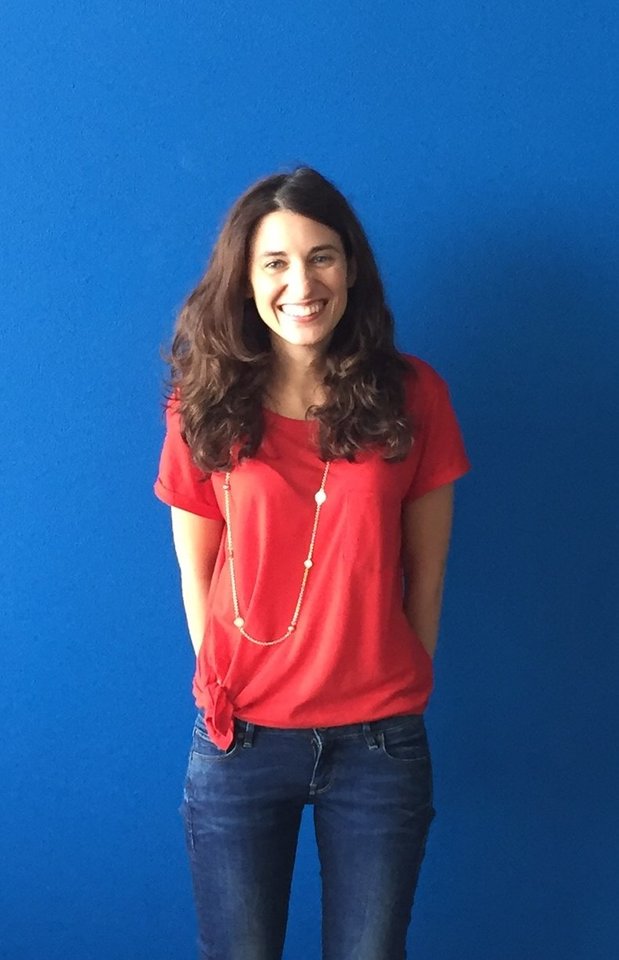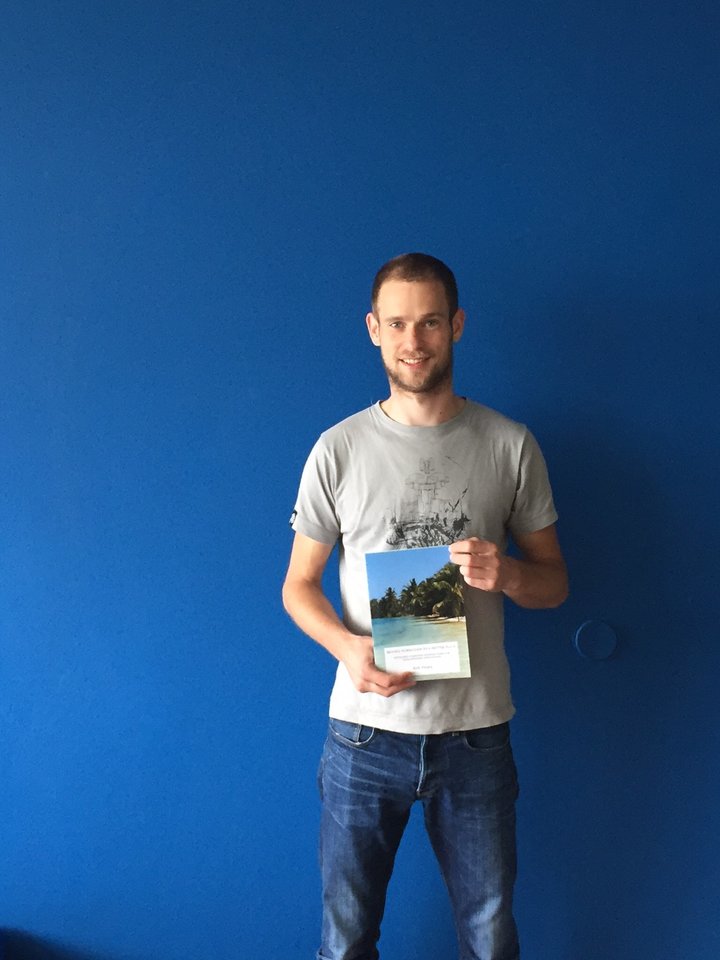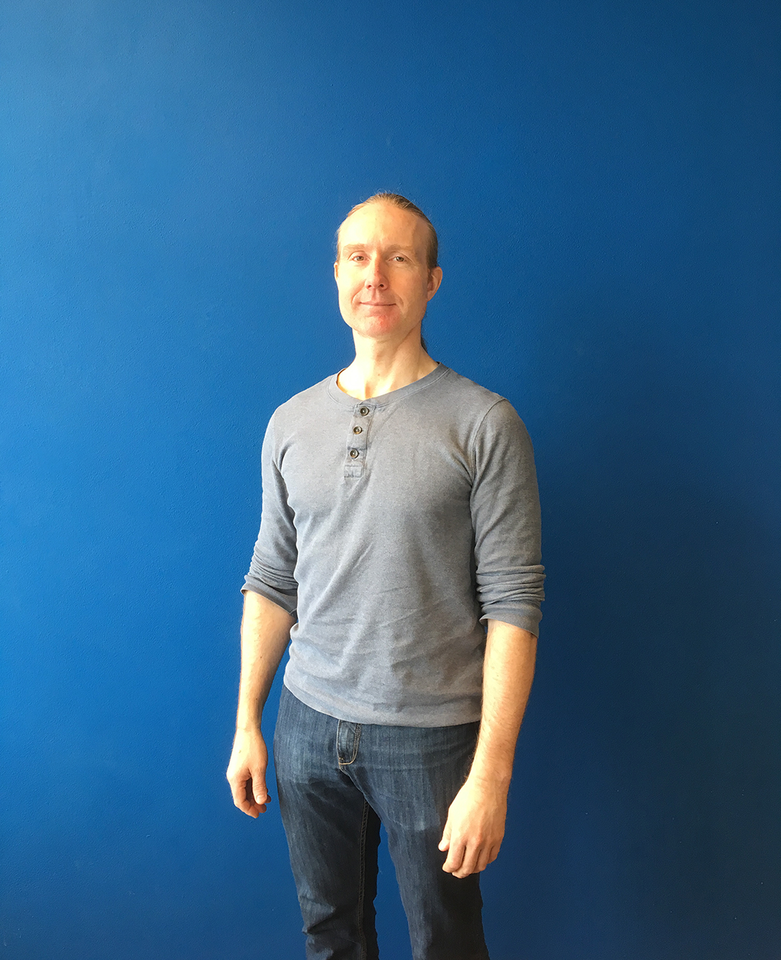Summary of thesis
Most modern software systems can be adjusted to satisfy sets of conflicting requirements issued by different groups of users, based on their intended usage or execution context. For systems where configurations are a core concern, specific implementation mechanisms are put in place to allow the instantiation of sets of tailored components. Among those, we find selection processes for code artefacts, variability-related annotation in the code, variability models representing the available features and their allowed combinations.
In such systems, features, or units of variability, are scattered across the aforementioned types of artefacts. Maintenance and enhancement of existing systems remain a challenge today, for all types of software systems. But in the case of variant-rich systems, engineers face an additional challenge due to the complexity of the product instantiation mechanisms: the maintenance of the variability model of the system, the complex build mechanisms, and fine-grained variability in the source code. The evolution of the system should be performed such that the information contained within the various artefacts remains consistent. In practice, this means that as the implementation of the system evolves, so should the mechanisms put in place to generate tailored products.
The focus of this thesis is the acquisition and usage of change information regarding variant-rich system evolution. We show how the information lacking from today’s state-of-the-art can be obtained from variant-rich system change history. We propose a set of tool-supported approaches designed to gather such information and show how we leverage change information for change impact analysis, or to derive knowledge on developer practices and the challenges they face during such operations. With this work, we shed new light on change scenarios involving heterogeneous artefacts regarding their nature as well as their prevalence in the evolution of such complex systems, and change impact analysis in variant-rich systems.
In this thesis, we provide key information on the evolution of the Linux kernel, as well as the means to obtain the same information from other variant-rich systems. The knowledge gained on common evolution scenarios is critical for tool developers focusing on the support of development of variant-rich systems. A better understanding of common evolution scenario also allows engineers to design systems that will be better equipped to elegantly evolve through such scenarios. While a number of challenges will still have to be addressed in this domain, this work constitutes a step toward a better understanding of variant-rich system evolution and therefore toward better variant-rich system designs.





















